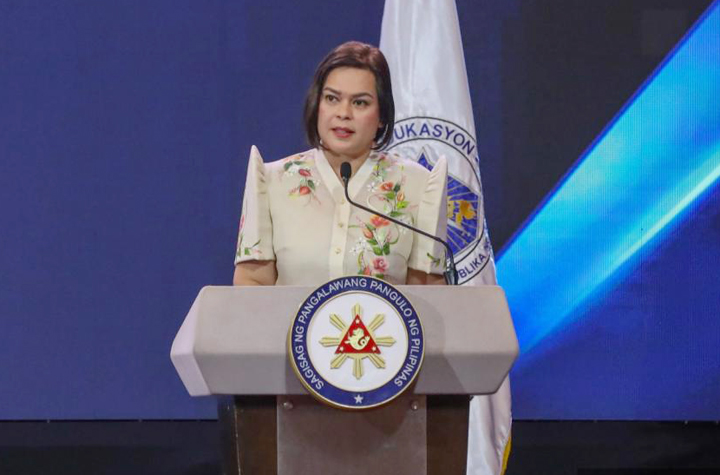On a tense Friday, Philippine Vice President Sara Duterte launched a vehement criticism against President Ferdinand Marcos Jr., accusing him of lacking presidential qualities. This marks a significant escalation in tensions since the collapse of their previous political alliance.
During a public appearance, Duterte expressed her discontent, stating, “He doesn’t know how to be a president.” This verbal attack is seen by many political analysts as the most severe criticism she has directed towards Marcos since their fallout. The statement sheds light on the expanding political rift between the two former allies, who once represented a unified front in the Philippine political landscape.
The feud traces back to the dissolution of their alliance, which was initially established to consolidate their political influence and support base. However, the partnership began to show cracks over key policy disagreements and contrasting leadership styles.
Observers note that this public spat is detrimental not only to their political careers but also to the political stability of the nation. The alliance was perceived as a powerhouse, drawing in supporters from both sides, which contributed significantly to their electoral successes. Their separation has led to increasing political fragmentation and uncertainty.
The public nature of Duterte’s criticism is unprecedented. Previously, internal disputes were kept within closed doors, typical of Philippine politics. However, this instance reflects a notable deviation from that norm, with both sides openly airing grievances. This shift indicates a fraught relationship that might have irreversible implications for their political futures.
Marcos, on his part, has remained largely silent on the matter, maintaining a focus on his presidential duties. His administration refrained from issuing a direct response to Duterte’s comments. Instead, the President has chosen to emphasize his ongoing projects and initiatives aimed at addressing pressing national concerns.
Political pundits speculate on the motivations behind Duterte’s sharp comments. Some suggest it could be a strategic move to distance herself from any political fallout associated with Marcos’s administration. Others view it as an expression of genuine frustration over perceived governance failings.
The timing of Duterte’s criticism is also noteworthy. The Philippines is currently grappling with various issues, including economic challenges and regional security threats. In this context, the public’s demand for effective leadership and cohesive governance is heightened. Duterte’s remarks may resonate with segments of the population disillusioned by the current administration’s performance.
As the political landscape in the Philippines continues to evolve, the fallout from this clash remains uncertain. Political analysts are closely monitoring the situation, particularly in terms of its impact on upcoming elections and potential shifts in political alliances.

